From casting choices to international disputes and accusations of wokeness, the 'Barbie' movie, starring Margot Robbie and Ryan Gosling, has generated considerable buzz even before its theatrical debut. Let's delve into the key controversies that have marked the film's journey to the big screen.
Gosling as Ken: A Question of Age and Relevance?
The initial trailer sparked debate about Ryan Gosling's suitability as Ken, with some deeming him too old for the role. While some fans expressed their preference for other actors, many defended Gosling, praising his acting prowess and anticipating his standout performance. Gosling himself addressed the criticism, humorously challenging the notion that the public had ever deeply cared about Ken's character before.
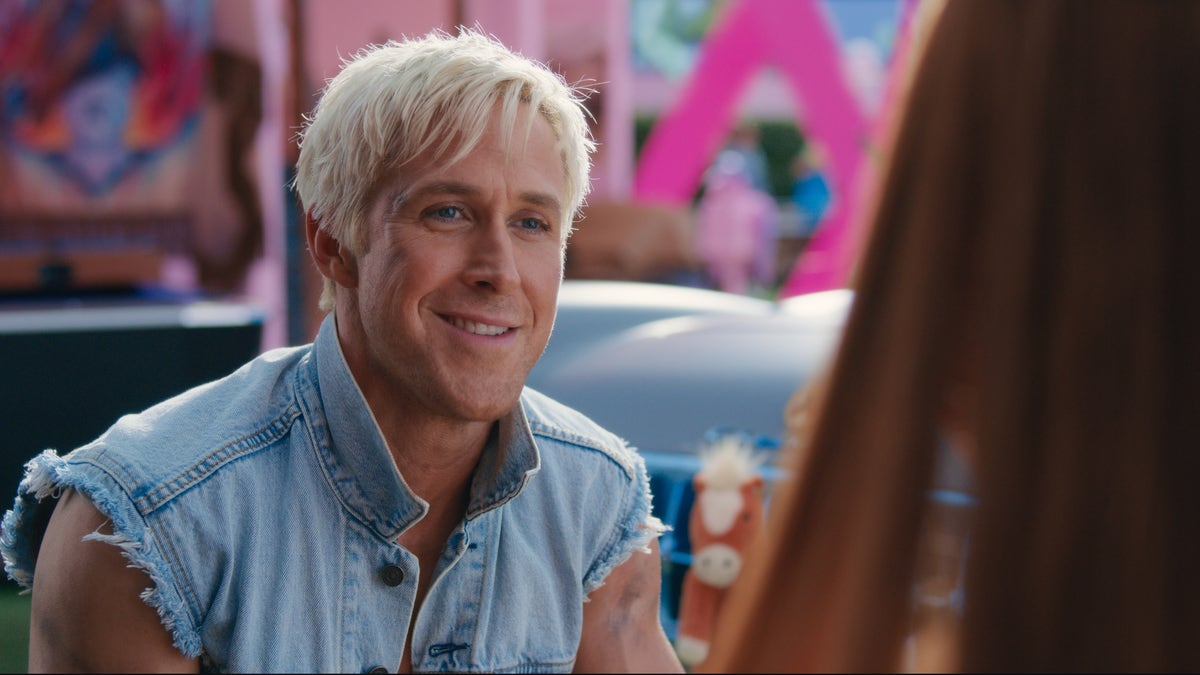
Ryan Gosling stars as Ken in "Barbie." (Courtesy Warner Bros. Pictures)
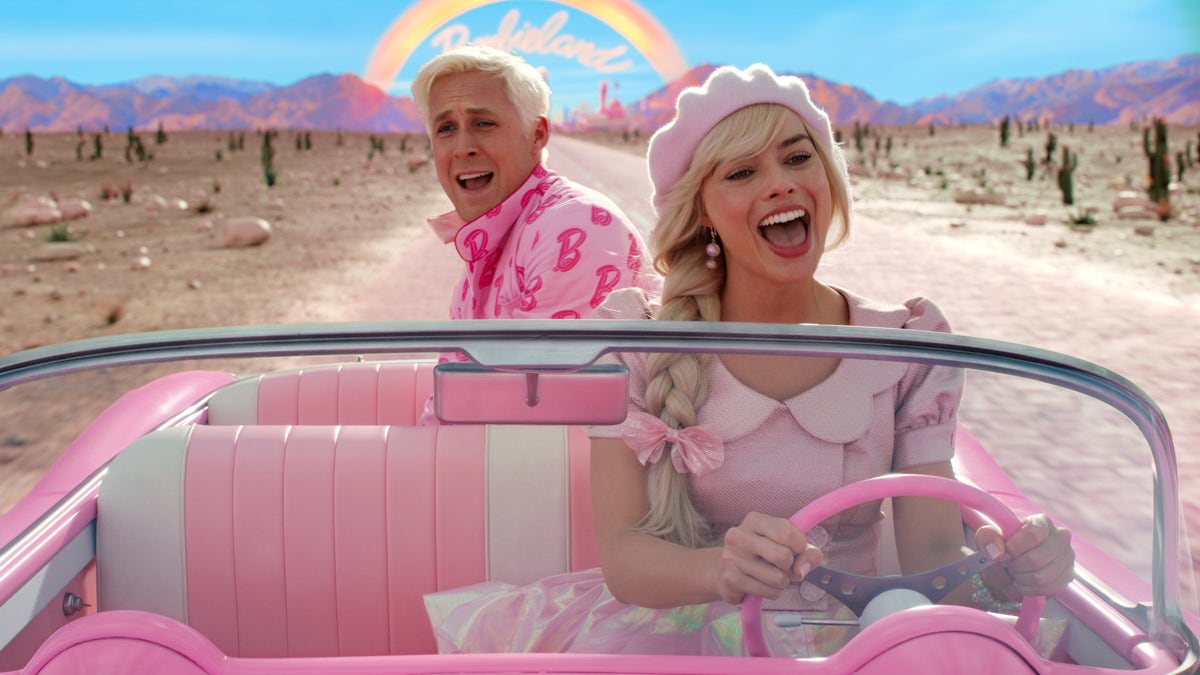
Ryan Gosling's Ken accompanies Barbie to the real world. (Courtesy of Warner Bros. Pictures)

The tagline for the "Barbie" movie declares, "She's everything. He's just Ken." (Courtesy Warner Bros. Pictures)
Lost in Translation: The French Poster Fiasco
The film's tagline, "She's everything. He's just Ken," took on an unintended, risqué meaning when translated for the French poster. The double entendre, utilizing French slang, sparked viral attention and debate about whether the suggestive interpretation was intentional. Warner Bros. responded by acknowledging the heightened public awareness and excitement surrounding the film's release in France.
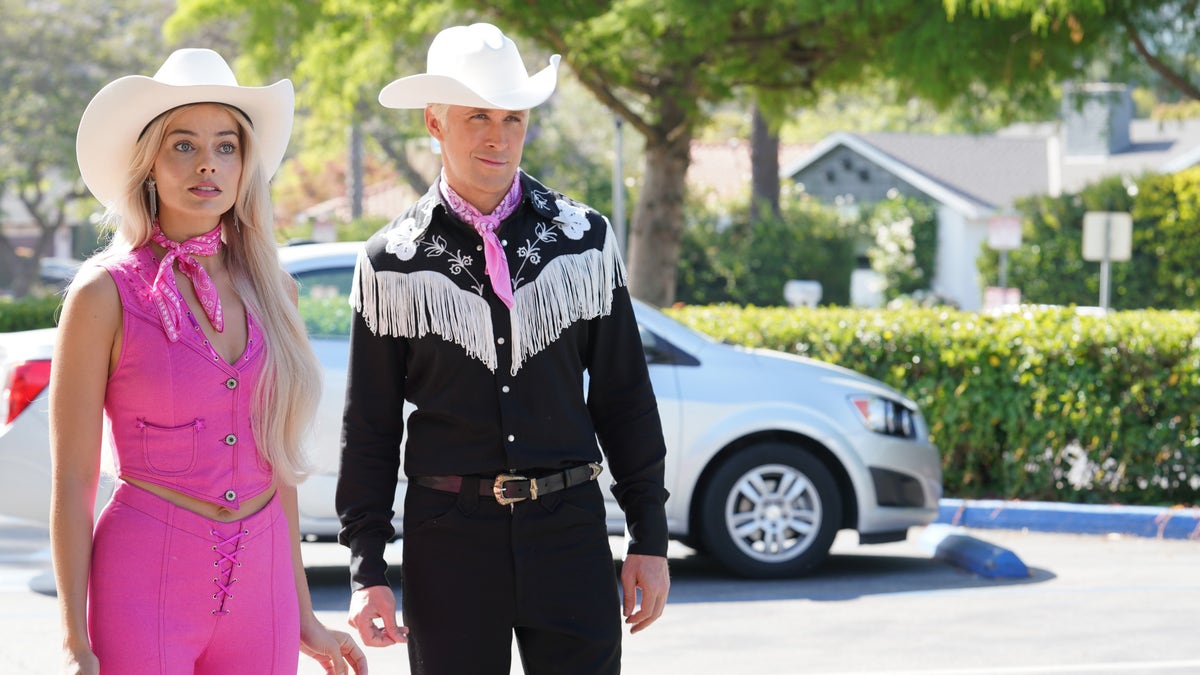
The French poster for "Barbie" featured a NSFW translation of the film's tagline. (Courtesy Warner Bros. Pictures)
Geopolitical Tensions: The Nine-Dash Line Controversy
The depiction of a map featuring the "nine-dash line," representing China's disputed territorial claims in the South China Sea, led to the film's ban in Vietnam and discussions of a potential ban in the Philippines. Warner Bros. clarified that the map was a child-like drawing and not meant as a political statement. The Philippines ultimately allowed the film's release after requesting the image be blurred.
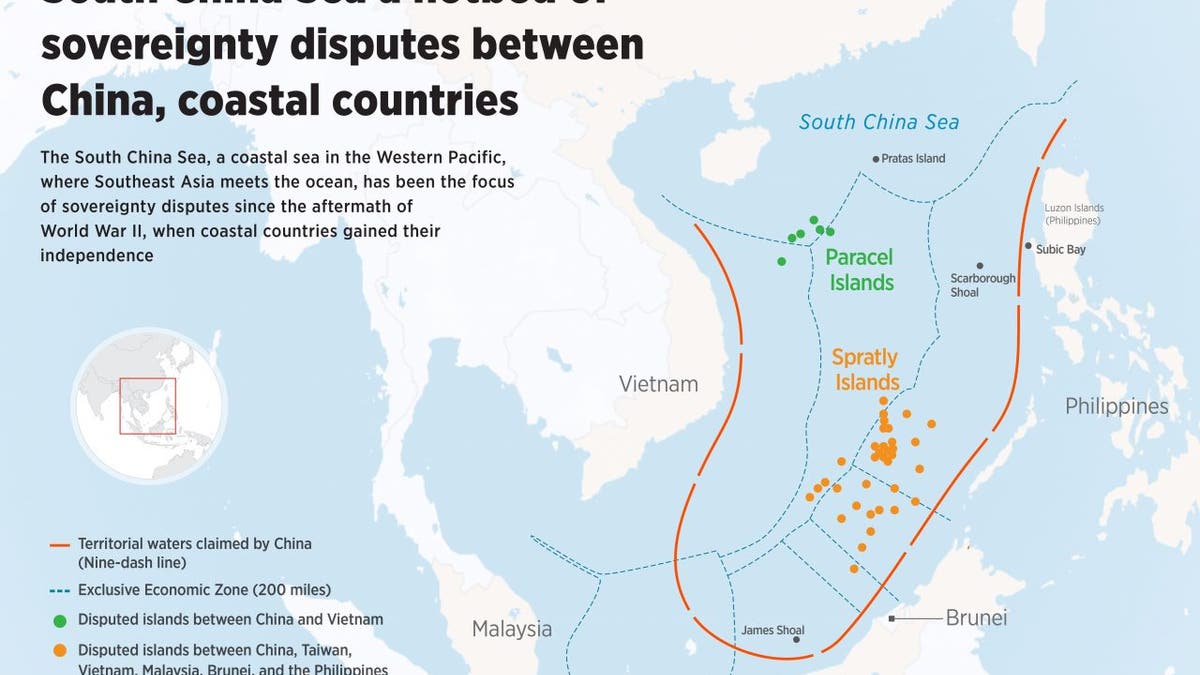
The "Barbie" movie faced scrutiny over a map depicting the nine-dash line. (Omar Zaghloul/Anadolu Agency via Getty Images)
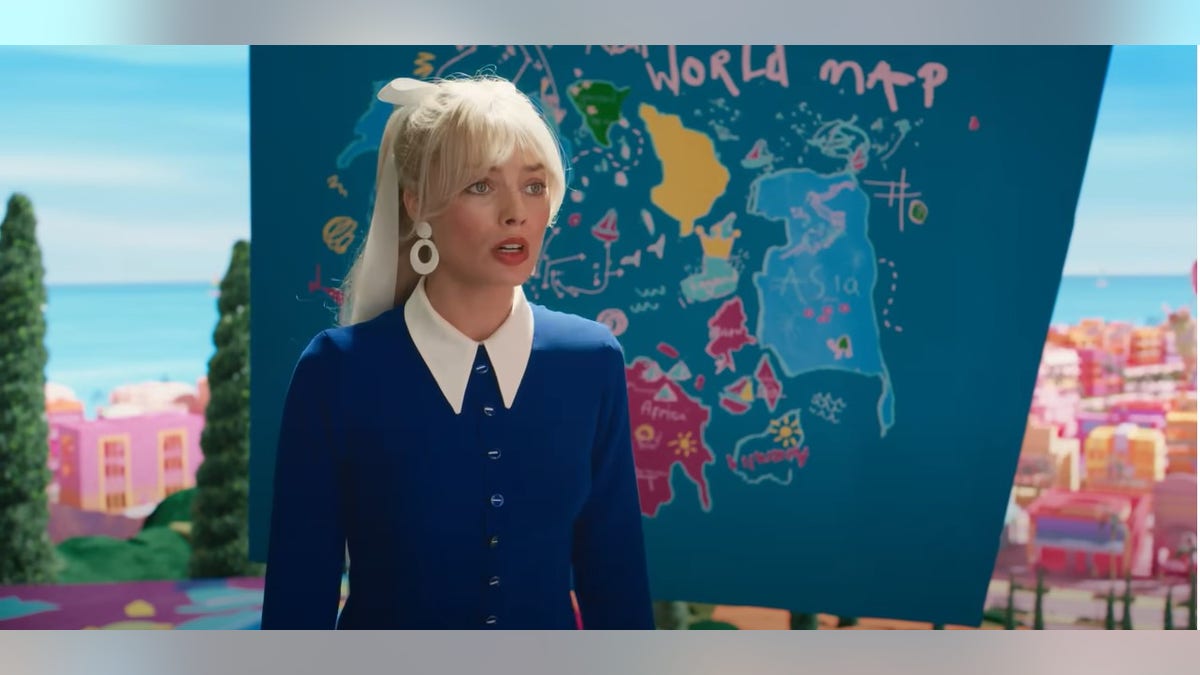
The controversial map led to the film's ban in Vietnam. (Courtesy of Warner Bros. Pictures)
Wokeness and Representation: A Divided Reception
The film's diverse cast and inclusion of a transgender actress, Hari Nef, have fueled discussions about its messaging on gender and representation. While some celebrate the film's challenge to traditional gender norms, others criticize it for being overly woke and abandoning its core audience of families and young girls. The film's creators maintain that 'Barbie' is intended for everyone and promotes a broad, inclusive version of feminism.
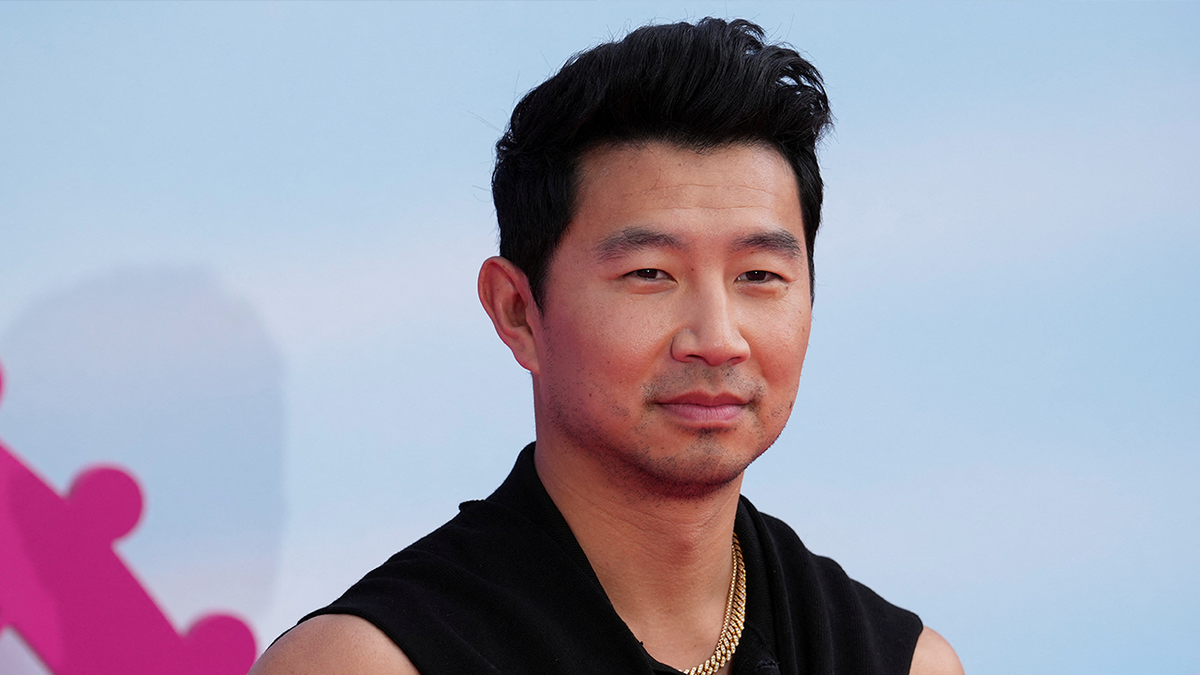
Simu Liu discussed the film's challenge to traditional gender roles. (Reuters/Maja Smiejkowska)

Hari Nef appears as Doctor Barbie. (Courtesy Warner Bros. Pictures)
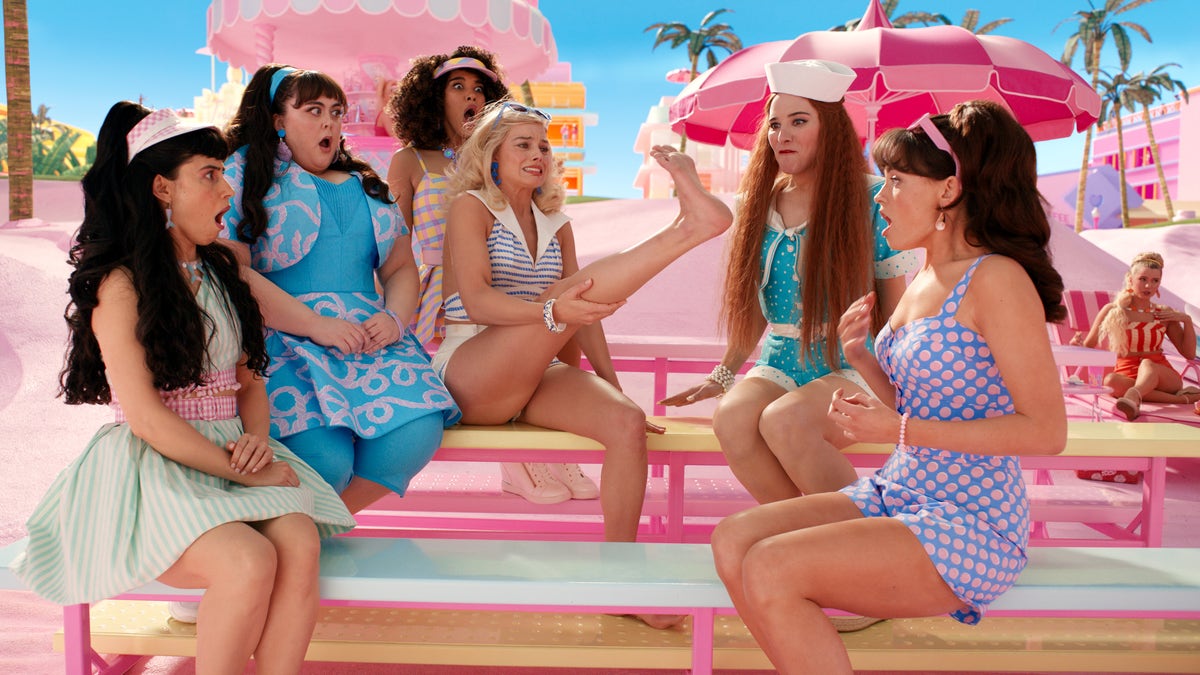
Margot Robbie emphasized the film's inclusivity. (Courtesy of Warner Bros. Pictures)
The 'Barbie' movie has undeniably sparked a wide range of reactions. Whether these controversies will ultimately contribute to its success or detract from it remains to be seen.
Comments(0)
Top Comments